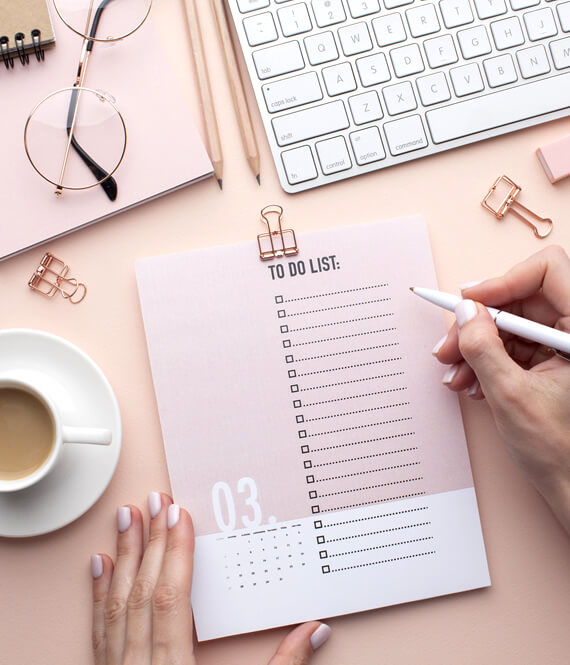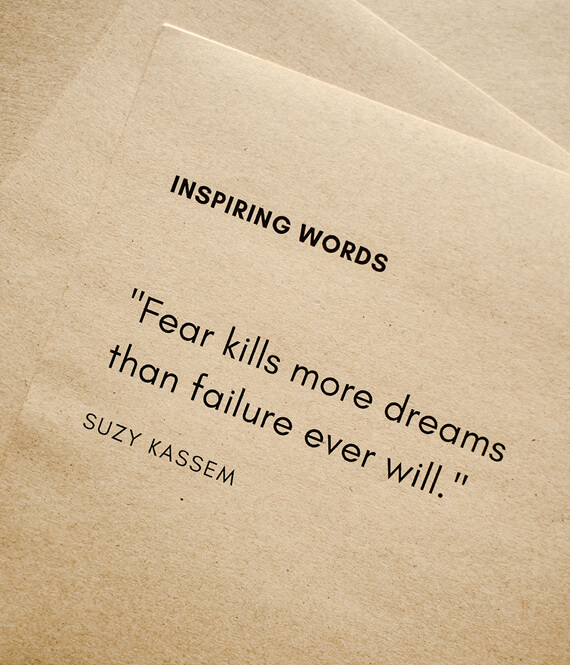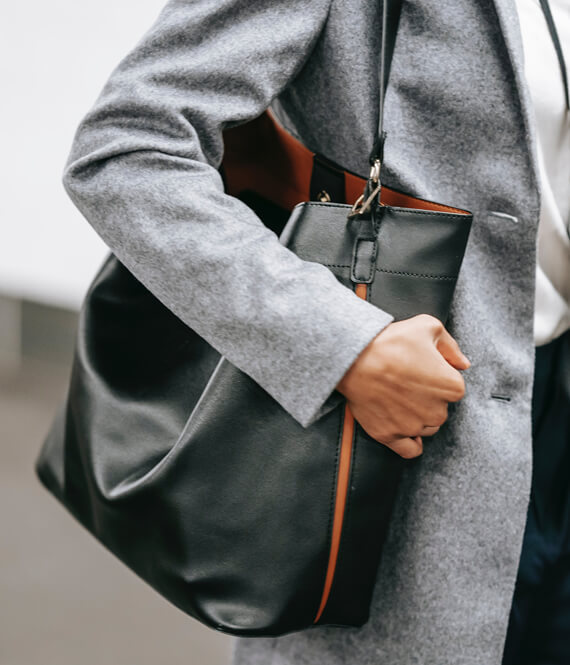
A Quick Checklist to Help You Prepare for Drug or Alcohol Rehab
We recommend helpful products in our articles. Read our full disclosure here. The content on this website is not intended to be a substitute for professional advice, diagnosis, or treatment.
In fact, not many are willing to take that step.
The good news is that it’s much easier to find a substance abuse helpline today than a few years ago, so if you’ve already made the difficult decision to seek help, you should be proud of yourself.
Rehabilitation can create a solid foundation for improving your chances of recovery.
But if you’re planning to seek treatment through rehabilitation, you may have worries about what to expect.
This is completely normal, especially if you’re entering rehab for the first time – whether it would be for meth detox, alcohol detox, or other reasons.
So, take a deep breath, and use this quick checklist to help make your transition into rehab easier and more comfortable.
Preparing for Rehab – Everything You Need To Know
PART 1: What to Do Before You Enter
1. Inform Friends, Family, and Colleagues
Don’t feel guilty about putting some aspects of your life on hold.
Put in notice at work and tell your friends and family members that you’ll be away for some time.
Also, make sure that any pets, elderly, and sick loved ones you were taking care of are also placed under the care of someone you trust while you’re away.
If you’re a permanent employee of a company, take note that you’re entitled to 12 weeks of medical leave under the Family and Medical Leave Act, which includes rehab.
2. Don’t Forget the Bills
Ensure that bills are still taken care of while you’re in rehab.
You can either set up automatic payments, or you can ask someone you trust to pay your bills for you.
3. Straighten Out Any Legal, Family, or Work Issues
Your time in rehab should be a a time when you can focus on getting proper treatment and therapy while not worrying about the outside world.
If you leave issues with family members, bosses, and other people unresolved when you enter rehab, there’s a chance your treatment may be interrupted by these problems.
Likewise, if you’re involved in a legal issue, make sure to discuss your plans to enter rehab with your attorney so you can come up with a contingency plan for different situations, such as for when you’re required to appear in court.
4. Gather or Take Note of Your Thoughts
Reflecting or keeping a journal is one way to be aware of any thoughts and feelings you experience as you embark on your journey to recovery.
Be honest about your fears, expectations, hopes, dreams, and everything else that comes to mind.
You can even write a letter addressed to yourself.
Journaling and reflecting both help to give you a clearer picture of how you are coping with changes and events.
They also provide an outlet for any words, feelings, or thoughts you have trouble expressing verbally.
5. Manage Your Expectations
You may be faced with a lot of changes to your daily routine as soon as you enter drug or alcohol rehab.
With that in mind, it’s important to keep your expectations in check.
Most rehabilitation centers will offer :
- Regular meetings
- Counseling
- Daily therapy
- Eating schedules
- Workshops for essential life skills (can be optional)
PART 2: Pack the Essentials
Every treatment center has its own rules on what you can bring during your stay, so it’s recommended that you check with them first before you finalize the packing.
One good rule of thumb to follow when choosing clothes for rehab is to have at least 7 days worth of comfortable outfits that are appropriate for the weather at the facility.
Here’s a comprehensive list of what you should consider bringing, divided into different categories.
Clothes:
- Shirts
- Shorts
- Pants
- Comfortable shoes
- Pajamas
- Socks
- Swimwear
- Jacket
- Bathrobe
- Undergarments
- Some accessories
- Indoor slippers or footwear
- At least one semi-formal or formal outfit for special events
Notes on jewelry: Some facilities may recommend that you leave valuables at home, except for a pair of earrings or your wedding ring that you wear every day.
Personal Hygiene Items:
- Toothbrush
- Razor and shaving cream
- Makeup
- Cologne
- Hydrating lotion
- Sunblock
- Shampoo
- Conditioner
- Hand sanitizer
- Bath soap
Other Suggested Personal Items:
- List of emergency contacts
- Insurance card
- Pictures of loved ones and friends
- Important medication
- Journal or diary
- Stationary paper
- Pens
- Radio
- Books
- Sketchpads and pencils
- Alarm clock (some facilities provide this)
- Art supplies
- Board games
- Puzzles and brain teasers
Start Preparing for Rehab Today
If this is your first time entering a treatment facility, it’s important to keep your loved ones and friends informed of the steps you’ll be taking, especially before going into rehab.
And don’t forget to celebrate!
Deciding to seek treatment is a monumental step that will set the path towards a better and happier life — not just for yourself, but for the people who care about you.
So use this checklist to prepare yourself, and let your journey to recovery finally begin.
Like these tips?
Scroll down for more.
"We love to research problems, examine studies, analyze solutions, and share with you ideas that make life healthier. You can learn about us and our editorial standards here. Have suggestions or feedback to share? Send us a message!."













Leave a Comment